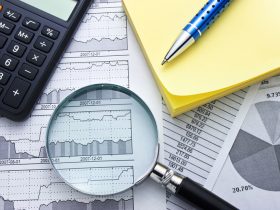Sub-Saharan Africa is set to receive an additional seat on the executive boards of both the International Monetary Fund (IMF) and the World Bank, according to announcements made on Friday by IMF Chief Kristalina Georgieva. This move will increase the region’s influence in global economic decisions and comes ahead of the first IMF and World Bank meetings held on African soil since 1973, scheduled to take place in Marrakesh, Morocco.
In her announcement, Georgieva highlighted the economic challenges faced by sub-Saharan Africa due to Russia’s invasion of Ukraine and the ongoing COVID-19 pandemic. Despite these adversities, she praised countries in the region for managing inflation and prioritizing public spending. She further championed direct support to poorer populations over measures such as price caps or fuel subsidies, which she said disproportionately benefit the wealthy.
The IMF has been supporting these nations through zero-interest loans and intends to continue this assistance. Georgieva also expressed optimism about brighter prospects for sub-Saharan Africa by 2024.
However, the World Bank painted a less optimistic picture for the region, forecasting a “lost decade of growth” due to its bleak economic outlook and escalating instability. The institution pointed out increasing attempts to destabilize governments and a jihadist insurgency in the Sahel region as significant challenges.
Despite recent coups in Niger, Mali, and Burkina Faso, humanitarian aid from the IMF has been maintained due to “humanitarian concerns”.
On a related note, Christine Lagarde warned against taking the international status of the dollar and euro for granted. She highlighted the fragile state of the U.S. economy and suggested that a digital dollar could bolster Greenback’s primacy. She also noted China and Russia’s role in challenging the dollar and euro status. Lagarde additionally pointed out calculations from the San Francisco Fed indicating that pandemic savings could be depleted by September.
This article was generated with the support of AI and reviewed by an editor. For more information see our T&C.
Read the full article here












Leave a Reply